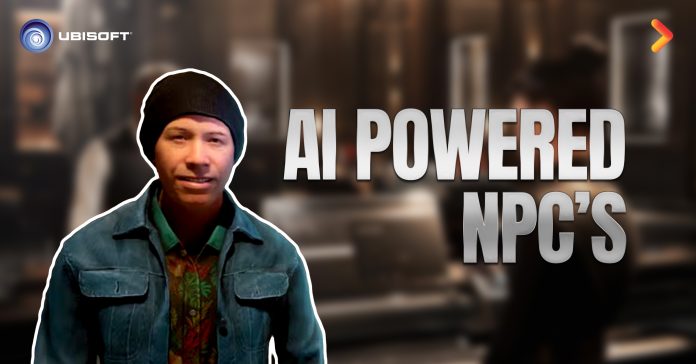Over the years, with very few exceptions, most gamers would agree that one of the biggest disappointments in open-world games is the lack of vitality in the worlds that developers craft. Non-playable characters (NPCs) are the elements that breathe life into these expansive environments, and poor NPC integration not only diminishes the visual appeal but also drains the soul from the game, often transforming it into fodder for memes.
Games such as Red Dead Redemption II and Ubisoft’s own creation, the Watch Dogs series, have truly pushed the boundaries in this regard. The interactions with NPCs in these games feel realistic and imbue depth into their characters.


In Red Dead Redemption II, characters such as the Blind Man, who prophesies the futures of the main characters in the game, and the one-legged ex-Civil War soldier in Valentine, who maintains a recollection of the protagonist throughout the game’s progression, stand out. Moreover, the side characters lead their own lives, engaging in tasks and work, all the while exhibiting a wide range of responses.
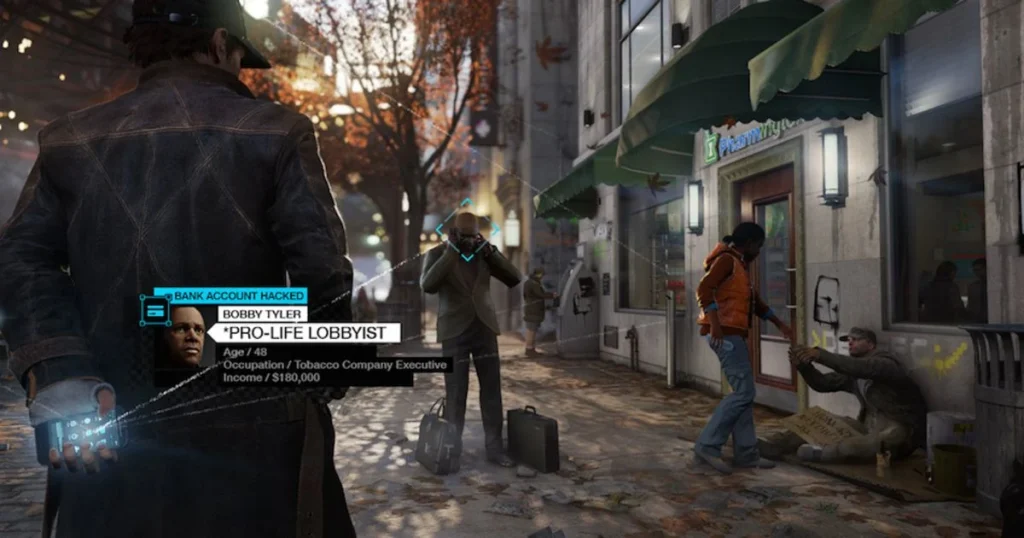
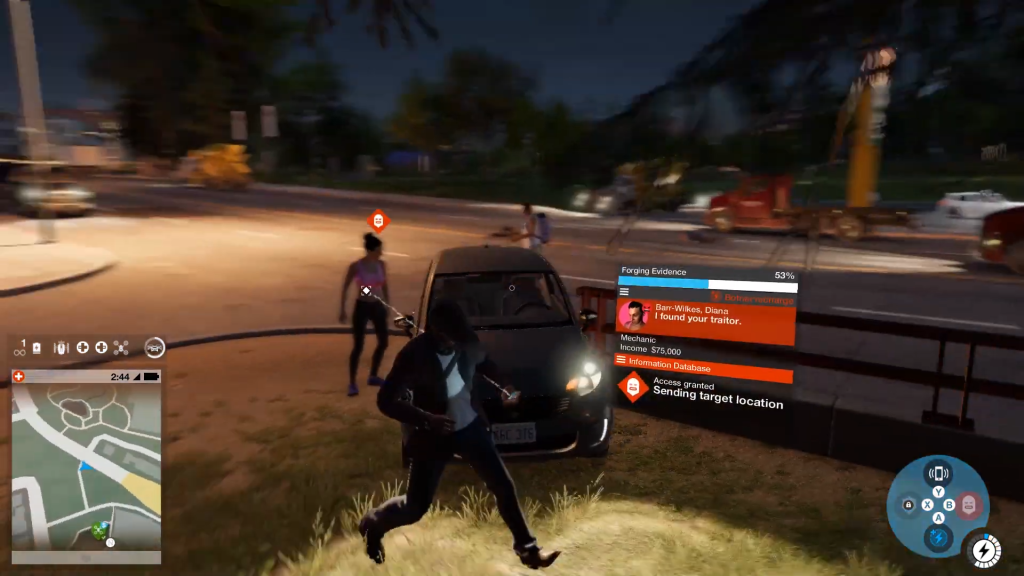
Ubisoft has unquestionably pushed the boundaries with the Watch Dogs series. The games revolve entirely around the techniques employed to gather and utilize NPC personal and data information, empowering players to leverage this knowledge to their advantage and progress through the game. By hacking into people’s phones and security cameras, players unveil their interactions with other NPCs and the world, adding layers of depth and immersion to the gameplay experience.
Ubisoft is taking things up a notch, with reports indicating their intention to revolutionize the concept of NPCs by integrating increasingly advanced AI technologies.
At the Game Developers Conference in San Francisco, Ubisoft unveiled the concept of ‘NEO NPCs’, a groundbreaking new breed of NPCs harnessing Generative AI technologies. These NPCs possess the ability to generate responses autonomously once all pertinent information about the character, their backstory, and their relationship to the game world is inputted. This collaborative process involves both players and storywriters actively contributing to the development of the game and its NPCs.
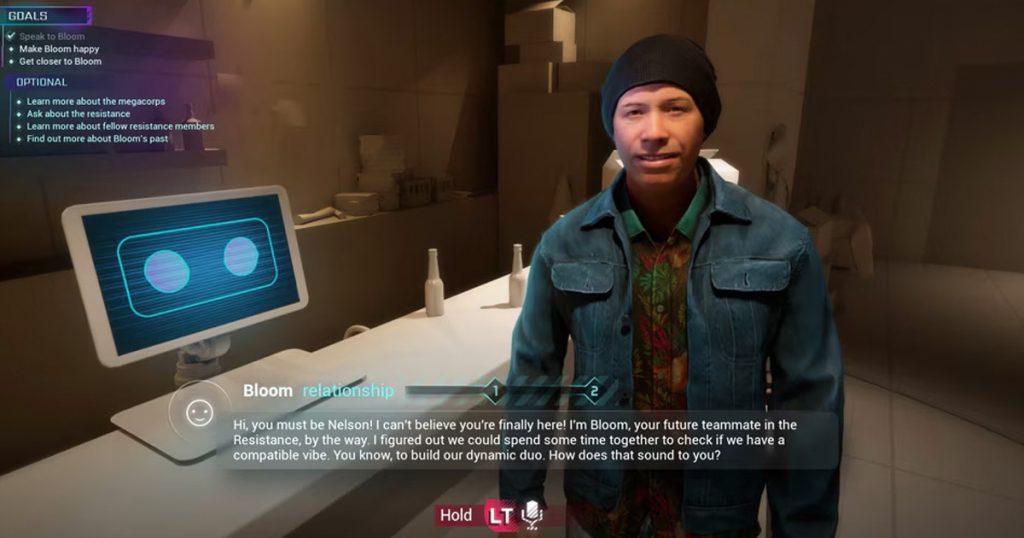
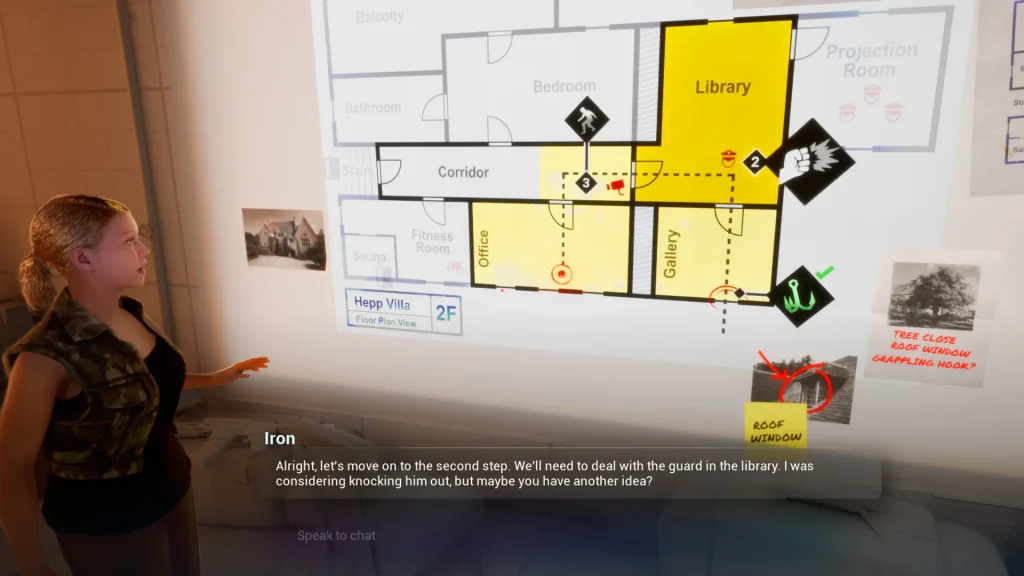
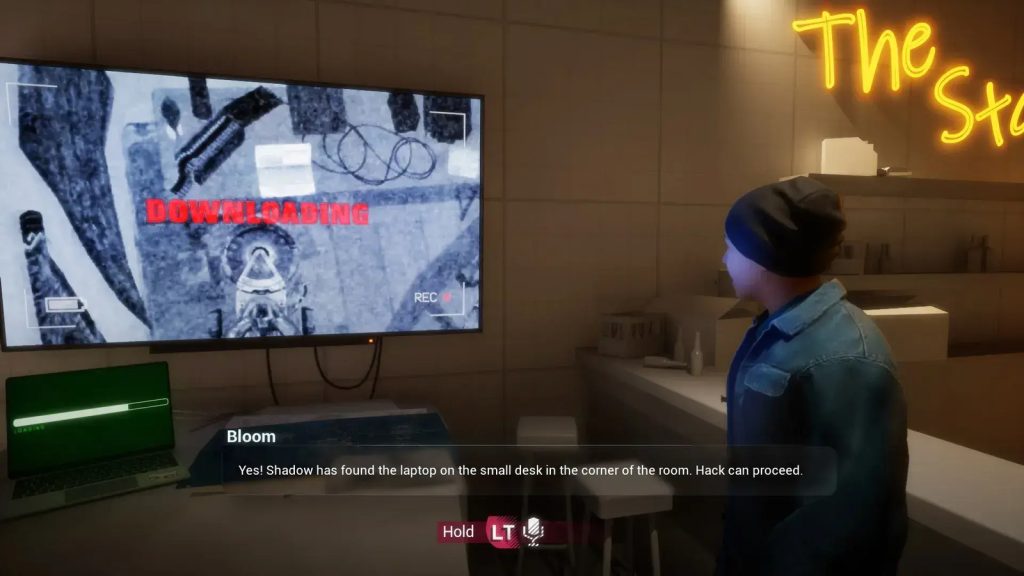
During a special press screening, Ubisoft presented three demos illustrating the potential integration of AI-powered NPCs into games and scenarios. The first demo introduced the press to the AI NPC, Bloom. This demonstration focused on players’ ability to cultivate a relationship with Bloom, delve into his backstory, and observe his reactions to player interactions. Bloom would be accompanied by a meter, allowing players to track their progress with him. As players engage with Bloom, additional behaviors would be unlocked, unveiling more pertinent information relevant to the game.
In the second demo, Ubisoft showcased Bloom observing a stealth mission through a drone, reacting in real-time to the unfolding events. Players have the opportunity to inquire about the ongoing mission, highlighting how NPCs could be aware of the game’s progress and their surroundings.
In the third demo, an NPC named Iron was depicted in a planning room, offering suggestions and engaging in discussions about the optimal approaches for a mission, such as infiltrating a building. Players could share their ideas about the mission, and Iron would respond accordingly, considering the feasibility of the players’ planning suggestions.
This initiative is spearheaded by Ubisoft’s R&D team based at their Paris Studio, with support from Ubisoft’s Production Technology department.
Ubisoft has collaborated with Nvidia and Inworld AI to enhance the characteristics of their NPCs. They put out a statement saying, “Inworld AI’s Character Engine and LLM technology enable Ubisoft’s narrative team to build a complete background, knowledge base, and conversational style for each NPC, while Nvidia Audio2Face, part of NVIDIA ACE suite of technologies, is used to enable real-time facial animation.”
Xavier Manzanares, director and producer of the project, commented, “It could be the start of a fantastic paradigm shift,” and added, “Social interactions and skills become part of the gameplay. Smarter NPCs like our NEO NPCs have the potential to become a breakthrough addition to the traditional NPCs we see in games today. They provide the ability to create even more immersive worlds and emergent stories.”
This is undeniably one of the revolutionary steps in the gaming world and a necessary evolution. AI has been a prominent topic for the past couple of years, and its potential is well recognized. There’s a widespread understanding of the endless possibilities and the ways in which it could aid game developers in enriching the gaming experience for players.
In fact, according to a market research firm, CIST, which conducted a survey on behalf of Unity, it was found that two-thirds of game development studios are already utilizing AI in some capacity, and rightfully so.
TOO MUCH AI?
However, it is important to understand that with the integration of AI, there are always chances of the overuse of AI. This then undermines the importance of human creativity of all the talented people in their own capacity and departments, and in the process, taking their jobs away.
Overreliance on AI has led to significant issues. A recent and notable example is the Hollywood Actors’ Association, SAG, initiating a work strike against major film studios due to the excessive use of AI. This trend has resulted in many professionals losing their jobs or fearing job loss. As a response, associations, and film studios are collaborating to establish a new set of rules and regulations as part of their agreement.
Speaking of rules and regulations, Steam has implemented new guidelines recognizing the integration of AI. Under these rules, developers are required to disclose which content is generated by AI and whether it complies with legal standards or may potentially infringe on rights.
In a survey regarding the concerns of game developers about AI, the majority of respondents did not express significant apprehension about AI displacing their jobs. While a notable portion did harbor concerns about potential job loss to AI, this sentiment was still less prevalent compared to those who did not share the same fear. However, it’s important to note that this perception could shift over time as AI continues to evolve and become increasingly sophisticated.
We at EsportsNext strive to provide our readers with such recent updates and happenings in the gaming world, along with reviews, guides and much more! Please keep checking us out!


